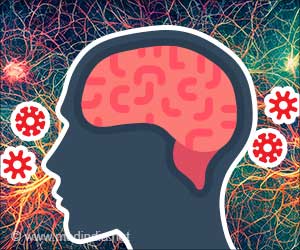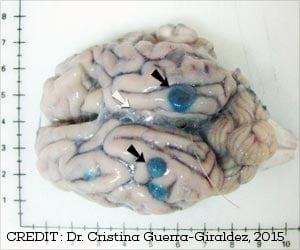In the year following a stroke, patients who received the medication escitalopram or participated in a problem-solving therapy group had a lower risk of depression.
In the year following a stroke, patients who received the medication escitalopram or participated in a problem-solving therapy group had a lower risk of depression compared to patients who received placebo, according to a study in the issue of JAMA.
The annual incidence of stroke exceeds 700,000 in the U.S. Depression occurs in more than half of these patients, according to background information in the article. “Post-stroke depression has been shown in numerous studies to be associated with both impaired recovery in activities of daily living and increased mortality. Prevention of depression thus represents a potentially important goal,” the researchers write.Robert. G. Robinson, M.D., of the University of Iowa, Iowa City, and colleagues assessed the efficacy of the anti-depressant drug escitalopram or problem-solving therapy compared with placebo pills for the prevention of depression among 176 stroke patients. Within three months following the stroke, the patients were randomized for 12 months into one of three groups: escitalopram (n = 59); problem-solving therapy group (n = 59); or placebo (n = 58). The problem-solving therapy group consisted of six treatment sessions and six reinforcement sessions and included patients selecting a problem and going through steps to arrive at a course of action.
The researchers found that participants who received placebo were 4.5 times more likely to develop depression than patients who received escitalopram (22.4 percent vs. 8.5 percent), and 2.2 times more likely to develop depression than patients who received problem-solving therapy (11.9 percent). “Based only on the frequency of depression onset during the one year of treatment, 7.2 acute stroke patients would need to be treated with escitalopram to prevent one case of depression and 9.1 acute stroke patients would need to be treated with problem-solving therapy to prevent one case of depression,” the authors write.
An alternative, more conservative method of analyzing the data found that escitalopram was superior to placebo (23.1 percent vs. 34.5 percent), while problem-solving therapy was not significantly better than placebo (30.5 percent vs. 34.5 percent).
There was no significant difference between groups in the frequency of adverse events.
Advertisement
SRM











